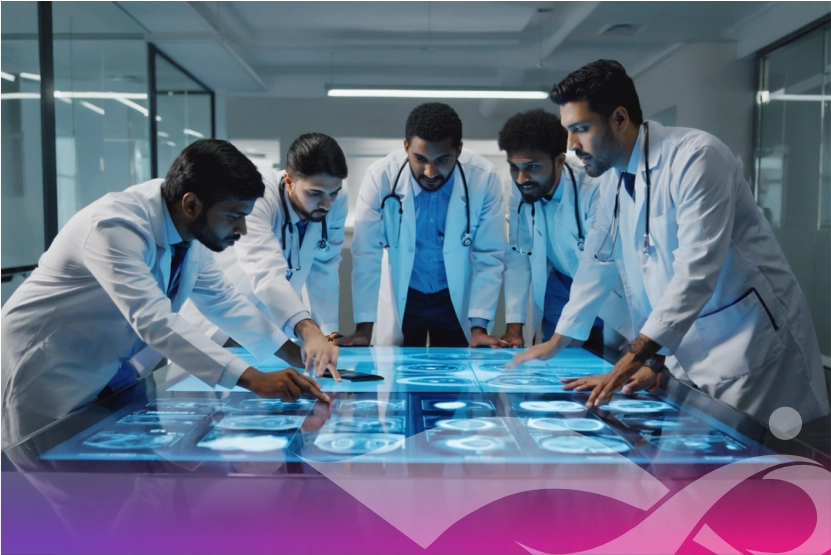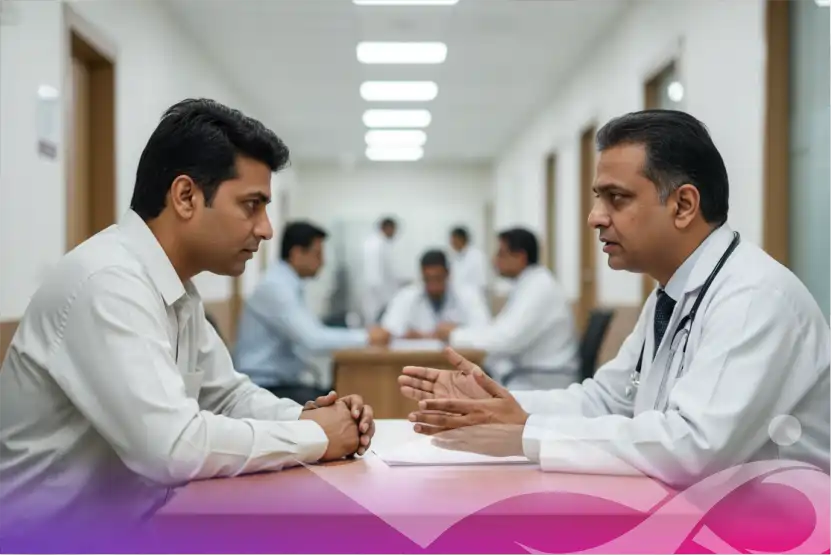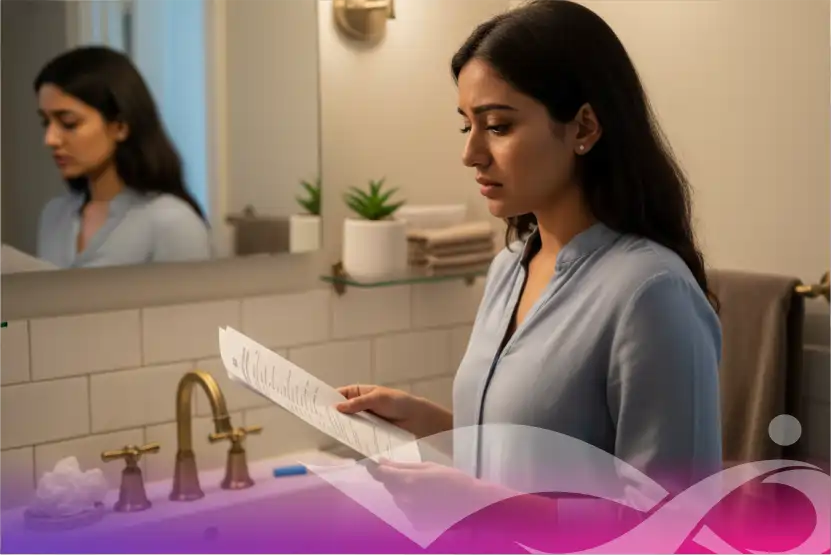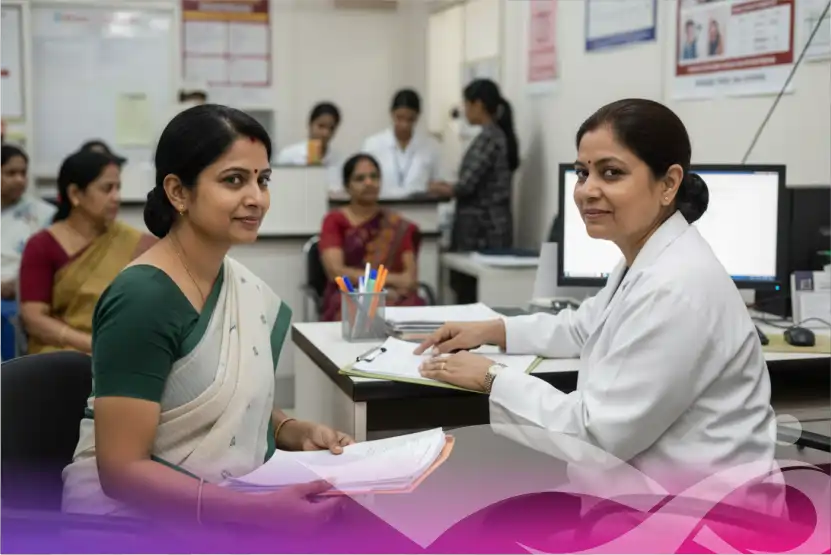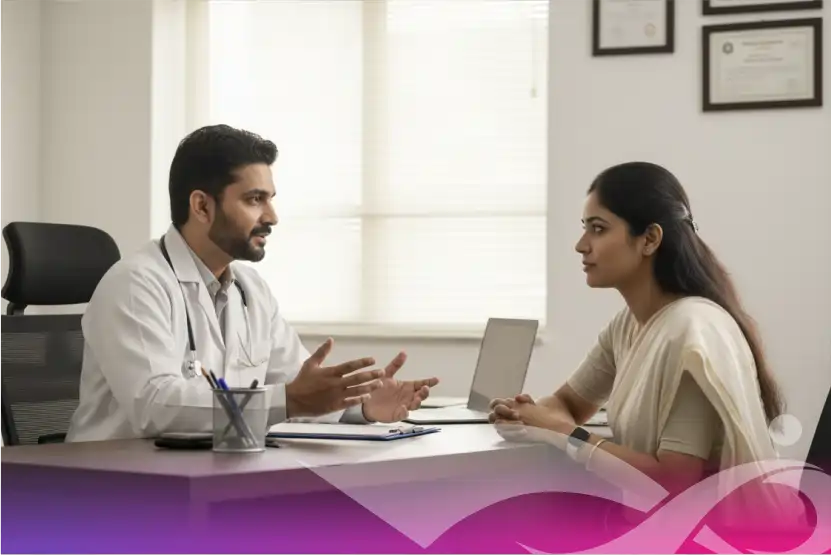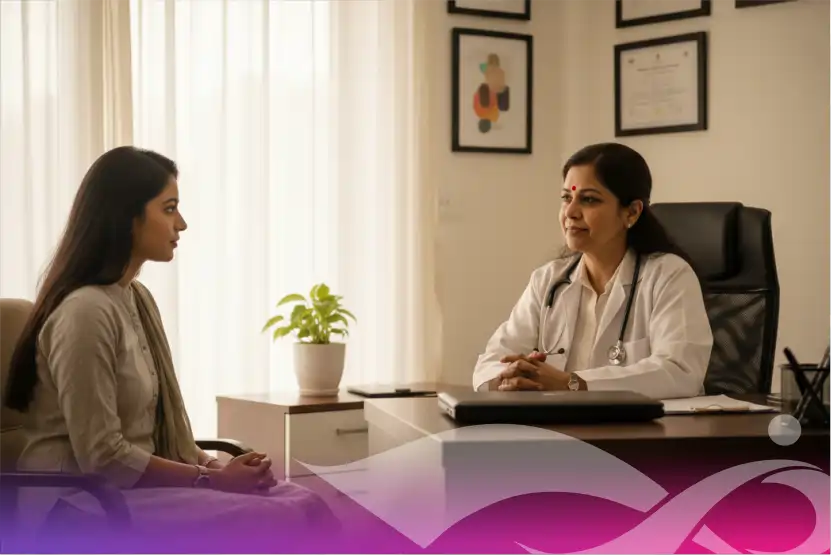Learning you have cancer can be frightening and offer a maze of information, options, and decisions. When confronted with difficult situations, patients and their families look for not only knowledge but also a consistent approach to treatment. Our commitment to comprehensive and tailored cancer treatment at IOCI is most demonstrated by the essential role of "Tumour Boards," a pillar of modern oncology ensuring every patient benefits from group knowledge.
A tumour board is what?
Sometimes referred to as a Multi-Disciplinary Team (MDT) conference, a Tumour Board is a regular gathering of medical experts from many disciplines who together examine and discuss particular cancer cases. Usually including:
- oncologists (medical, radiation, and surgical)
- radiologists
- pathologists
- genetic counsellors
- dietitians
- palliative care specialists
- patient navigators
These experts combine their different expertise to enable every patient to obtain the most suitable and tailored treatment plan.
Beyond what any one doctor could offer, this team approach is essential. Examining a patient's medical history, diagnostic images, pathology reports, and genetic markers from many angles helps the Tumour Board spot subtleties and consider treatment recommendations that might not be obvious from a single review. It's proof of the conviction that thoughtful, all-encompassing discussion yields the best decisions.
Why Tumour Boards Are Essential for Complicated Cases
Complicated cancer cases including rare cancers, advanced stages, or those involving several medical disorders have rather high stakes. These conditions sometimes call for innovative ideas and in-depth understanding of possible interactions between several treatments. Here the Tumour Board shines especially. Imagine a patient with an aggressive form of bladder cancer diagnosis in the early stage, where treatment decisions involve balancing cancer eradication with preserving organ function. The urologist could explain the surgical options while the radiation oncologist discusses focused radiation and the medical oncologist evaluates chemotherapy or immunotherapy. The pathologist offers important information about the special characteristics of the tumour; the radiologist provides views from imaging. Through means of this cooperative dialogue, the team can create a comprehensive plan leveraging the strengths of every speciality, thus generating a more effective and less negative outcome. Discussions around cases like Ovarian cancer symptoms and risks are also common.
This combined approach also helps to simplify treatment, guarantees that patients receive the most current, evidence-based treatments available, and reduces the possibility of contradicting advice. Thus, not only by one doctor but also by a whole team dedicated to providing the best possible outcome investigates every patient's condition. This collaborative review can also shed light on critical data points like Stomach cancer survival rate in India as it applies to individual cases.
Collective Expertise for Every Patient: IOCI Advantage
At IOCI, our patient care strategy naturally includes tumour boards. Every patient, in our view, gains from group knowledge especially when negotiating the complexity of cancer treatment. Our regular meetings of our Tumour Boards help us to study every significant case, discuss them, and develop a consensus-driven approach. This will to multi-disciplinary cooperation shows our will to provide unique, creative treatment. It's how we ensure that, whether a patient is dealing with a rare, difficult cancer or a more common type, they receive a comprehensive, innovative, especially fitting treatment plan.
Consult us at any of our locations—across IOCI Noida, Greater Noida, Mumbai, Indore, Aurangabad, Agartala, Saharanpur, Kanpur and Jodhpur.






